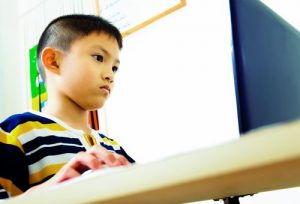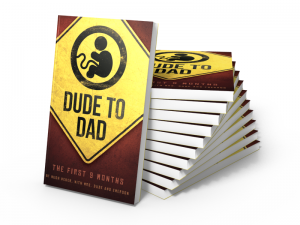 New York (Reuters) – Recollections of strict, unaffectionate parents were more common among young adults with an unhealthy attachment to Internet use, compared to their peers, in a new Greek study.
New York (Reuters) – Recollections of strict, unaffectionate parents were more common among young adults with an unhealthy attachment to Internet use, compared to their peers, in a new Greek study.
Young adults who recall their parents being tough or demanding without showing affection tend to be sad or to have trouble making friends, and those personality traits raise their risk of Internet addiction, the researchers say.
“In short, good parenting, including parental warmth and affection, that is caring and protective parents, has been associated with lower risk for Internet addiction,” said lead author Argyroula E. Kalaitzaki of the Technological Education Institute (TEI) of Crete in Heraklion, “whereas bad parenting, including parental control and intrusion, that is authoritarian and neglectful parents, has been associated with higher risk for addiction.”
Research on Internet addiction is still relatively new, and there are no actual criteria for diagnosing the disorder, though there are many inpatient and outpatient treatment facilities in the U.S., Australia and Asia.
Some of the studies done to date suggest that kids who have trouble relating to others in person might be at higher risk for a problematically high level of Internet use. Those who are socially withdrawn or lonely might also be more likely to spend excessive time online.
Kalaitzaki’s team predicted that the way kids bonded with their parents would predict aspects of their personality as young adults, which in turn would predict their likelihood of Internet addiction.
For the study, more than 700 young adults at technical schools, all around age 20, filled out questionnaires during class time. They answered questions about their feelings of loneliness, sadness and anxiety, and about their Internet use. They also answered questions about how they recalled being brought up during their first 16 years of life.
In Greece, previous studies have found that between 1 percent and 8 percent of teens are addicted to the Internet. The current study classified almost 2 percent of the men and 0.6 percent of the women as severely addicted, according to the results published in Addictive Behaviors. The authors did not find a link between anxiety or loneliness and Internet addiction, nor could they directly link any particular parenting style with addiction. But Kalaitzaki and her colleagues did find indirect connections. The kids who remembered their fathers as controlling and not affectionate tended to have more trouble relating to others as young adults, and those who had trouble relating to others were more likely to be addicted.
Those who remembered their mothers as just not being very good parents were more likely to report sadness as young adults, which was also linked to Internet addiction.
“Parents should be made aware of the harmful impact that a potential negative parental rearing style may have upon their children in later life,” Kalaitzaki told Reuters Health.
Kalaitzaki studies interpersonal relationships and psychotherapy in the Department of Social Work at TEI. Other international studies suggest that Internet addiction may harm a person’s mental and physical health, she said. Those who go online excessively tend to be distressed, tense, nervous and irritable, and to have trouble sleeping and fatigue.
“This discussion is of large interest for the technological society at large, given that Internet addiction is related to a medium present in virtually all homes and not regulated, like drugs of abuse,” George Floros, who studies the emerging addiction at Aristotle University of Thessaloniki in Greece, told Reuters Health.
“Parents would do well to examine the kind of model they present,” said Floros, an adjunct professor of medicine. “Being preoccupied with technology to the detriment of social contacts is something we are seeing more frequently in young parents and this offers a negative model for their children.”
Problematic parenting can go one of two ways, both of which might up the risk of Internet addiction in theory, he said. Overly permissive parents might use the Internet early on as a way to give up responsibility for the kids – an unattended child in front of a computer requires less effort from the parents than an active, present child. On the other hand, overly controlling parents can end up with kids who rebel or turn inwards, which might also lead to excessive Internet use, he said.
“Parents that identify their children to have some symptoms of addiction, like excessive time spent online or need to spend increasingly longer periods online, inadequate sleep and fatigue, apathy, nervousness, or irritability when offline, impairments in relationships and schoolwork or employment, should contact a health care professional as soon as possible,” Kalaitzaki said.











